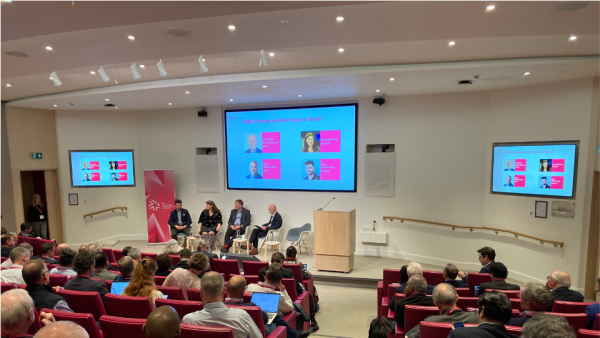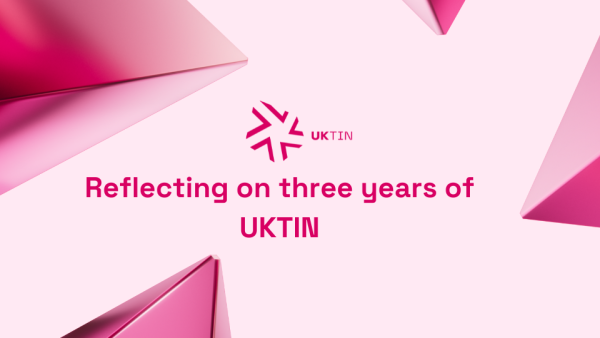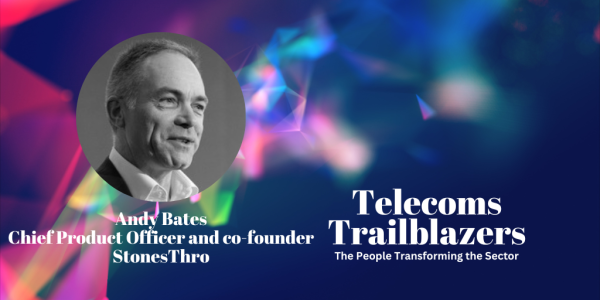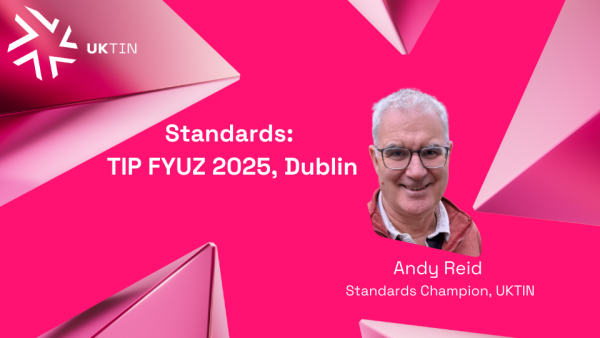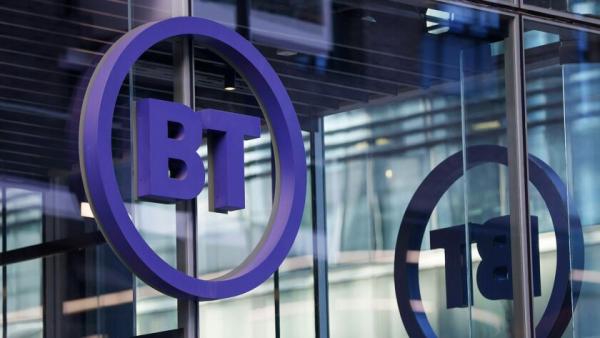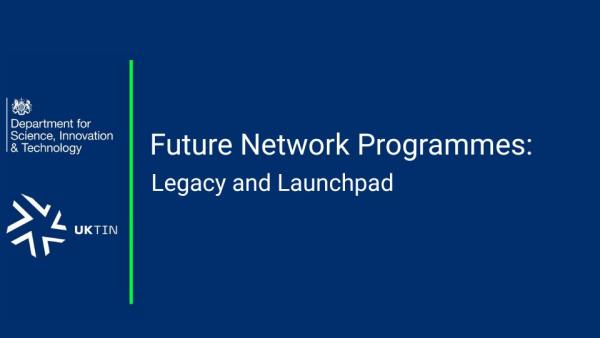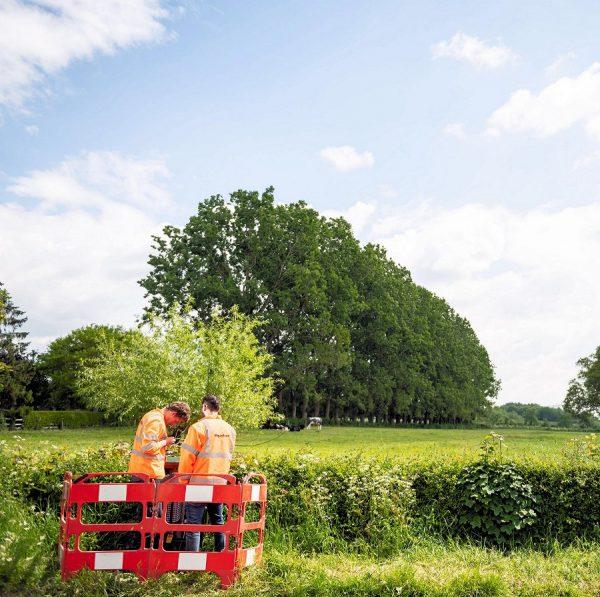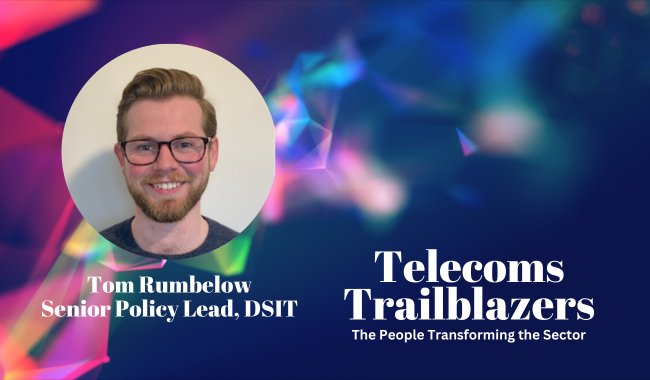
Hi, I’m Tom Rumbelow and I lead the Open RAN policy team in the Telecoms Diversification Unit at the Department for Science, Innovation and Technology.
As some background to the ‘why’ we’re interested in Open RAN - the 2019 Telecoms Supply Chain Review highlighted the dependency we have on a very small number of vendors in mobile infrastructure. With the decision to designate Huawei as a high-risk vendor and geopolitical developments since then, the security and resilience risks associated with that dependency have become even more acute. These risks are why in 2020 we published the 5G Supply Chain Diversification Strategy, setting out the UK approach to addressing these risks through diversification - including accelerating the development of Open RAN.
Obviously this is an incredibly broad and complex area in a huge global market, so we can’t do everything, but we’re confident that our programme of government support is moving the needle in the right direction.
At the last Spending Review we announced £250m in investment to fund an extensive R&D programme, already supporting over 20 projects and another round of winners due to be announced this Autumn! There’s been a real breadth and depth to the projects - covering everything from edge computing to AI - helping to build real innovation in the UK.
We know how important it is for us to listen and respond to industry throughout the policymaking process. The positive relationships we’ve built with industry and academic experts throughout the programme have been crucial to inform our priorities and ensure that we’re addressing real world challenges. Operating within a constantly moving market, there is never solid ground to stand on; any assumptions are always to be assessed and then reassessed.
1/ What do you enjoy most about working in this space?
There is never a dull day. It is constantly changing and evolving. There is a perception that telecoms is quite an outdated, almost old-fashioned space but all the ‘cutting-edge’ work on the metaverse and AI can’t be done without world-class telecoms infrastructure. We may not be front-page news every day but that allows us to get stuff done effectively without the noise.
2/ What’s the most ridiculous thing you’ve done in the name of work?
In my past life in the private sector my team once went on a site visit round a number of new street cabinets that had been recently installed with fibre to the cabinet. The ridiculous part was it was our team party the night before and every single person was operating … below full capacity! Not brilliant scheduling.
3/ What excites you most about working in telecoms?
Having a broad influence. Telecoms infrastructure underpins so much of our social and economic spheres. The UK is built on what we’re doing, which I find incredibly motivating.
4/ What would you like people to know about your work?
There tends to be a misconception about why the UK is pushing for diversification. Sometimes that is framed in a geopolitical context but as a policy team, we operate by trying to solve problems that have been identified in independent reports. We work within whatever budget we have to ensure the UK’s critical national infrastructure is resilient and that we can continue to build our society on that strong foundation.
5/ Why is a vibrant, flourishing telecoms ecosystem important for the UK?
Without competition and innovation, the UK will fall behind. If we aren’t doing it, someone else will be and we should be aiming to build UK capability and ‘skin in the game’ to ensure a seat at the top table going forward. The Prime Minister has set out his ambition for the UK to become a technology superpower and telecoms will play a critical part of that. The emphasis this government is putting on future telecoms is clear in the fact that it is one of the five priority ‘technologies of tomorrow’ which the department is built around.

